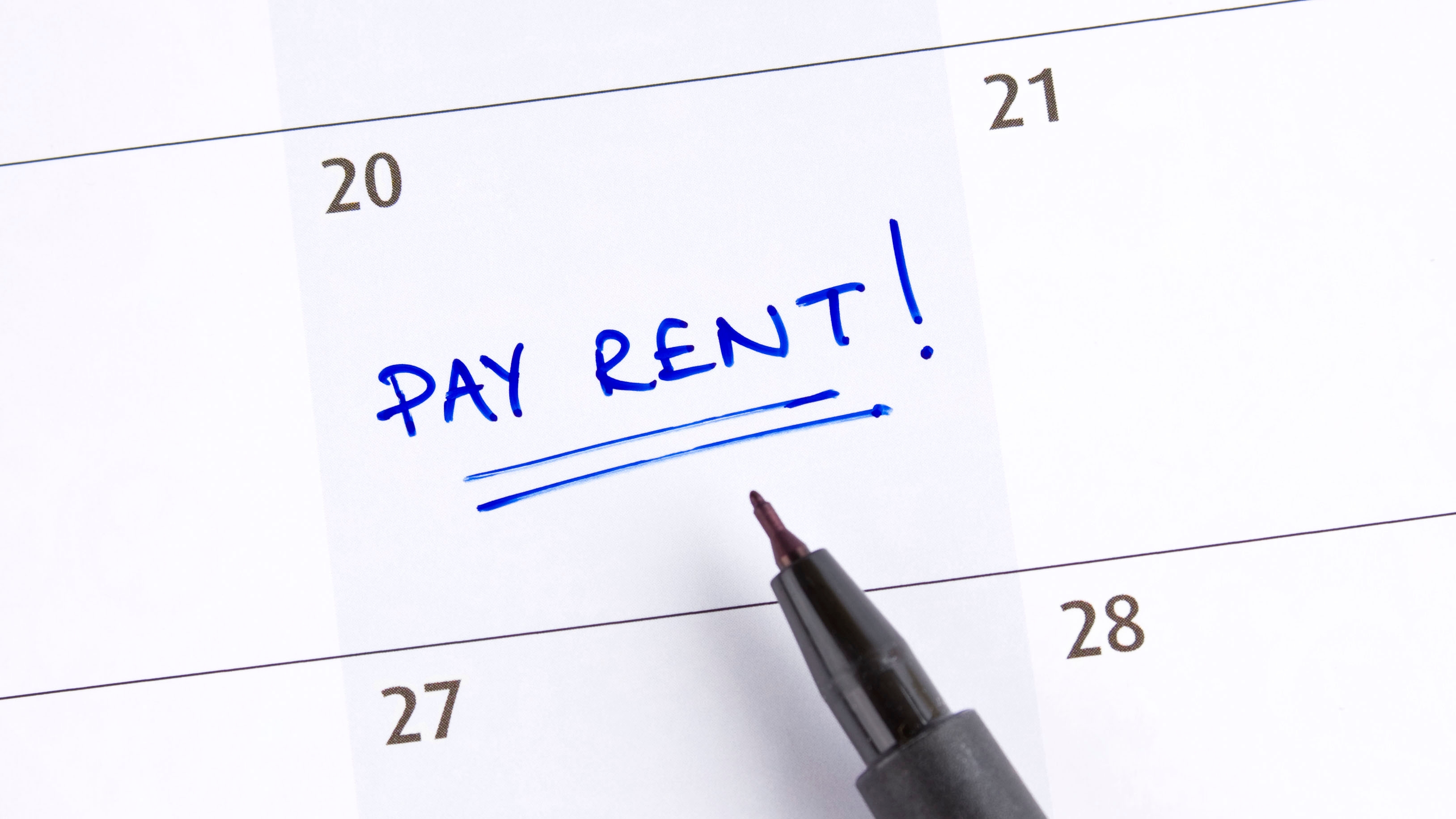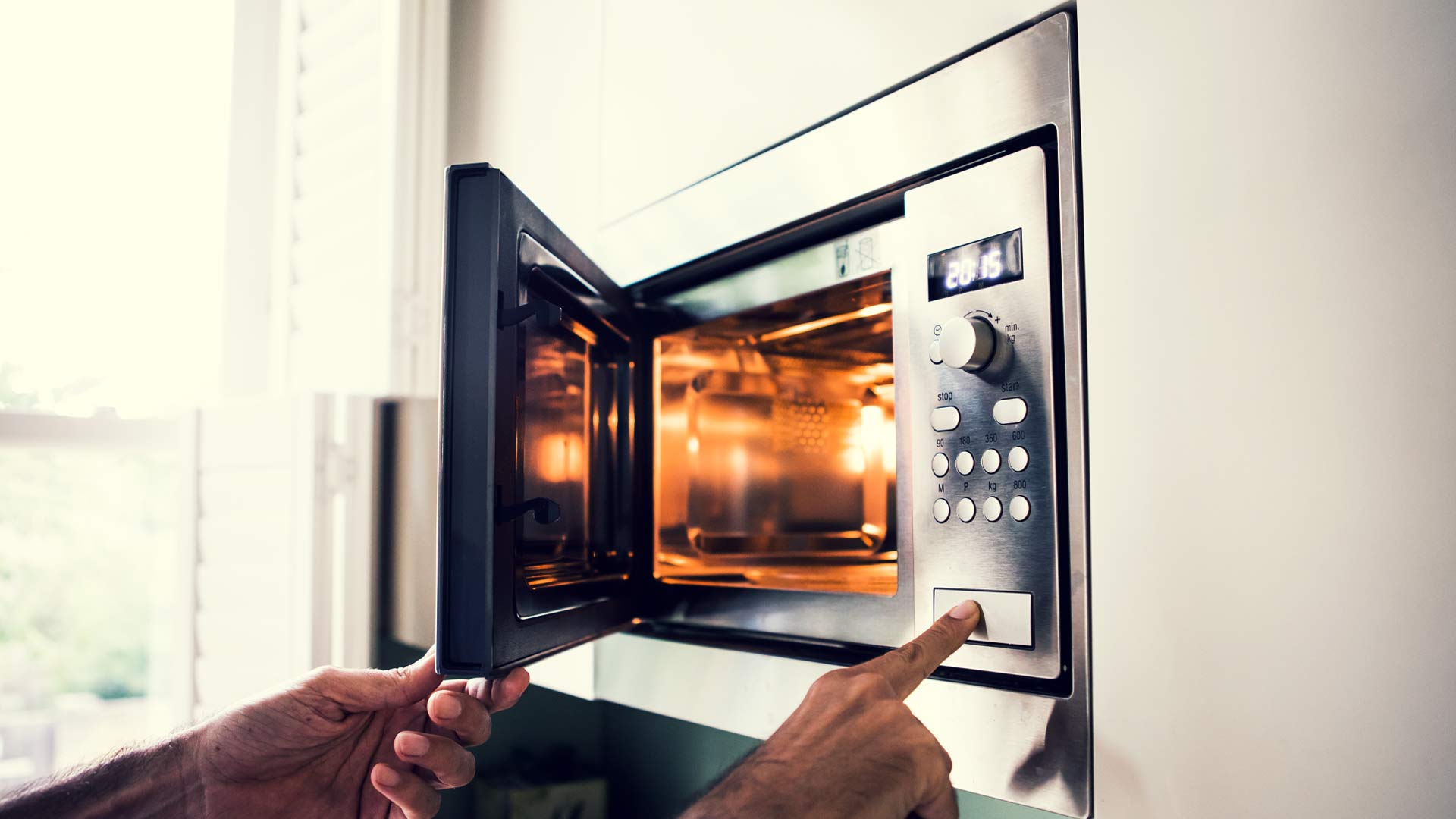Renting Guide
Questions to ask before you rent a house in NZ
Go over these points before signing on the dotted line.
What you’ll learn:
- How much is the rent, bond and advanced rent?
- Is it possible to have a pet?
- Is the home warm and dry?
- Do any furnishings and whiteware come with the home?
- How long did the previous tenants live there?
- Who will be managing the property?
- When is the move-in date, is there any flexibility?
- What’s the neighbourhood like?
You’ll attend a number of property viewings in your search for a rental property in Aotearoa New Zealand. These are great opportunities to ask the landlord or agent some key questions about the property, when you could move in, and also to sell yourself as a worthy tenant.
Here’s a comprehensive list of the most important things to find out.
Questions to ask at a rental viewing
1. How much is the rent, and move in costs?
While the Trade Me listing should provide all this information, it’s worth confirming the total cost of moving in and renting the property.
Usually you’ll be asked for the following payments prior to taking possession:
- A bond: this could be up to four weeks’ rent, and is a deposit to protect landlords against tenants who default on rent payments or cause damage to the property. All being well, you’ll get this money back when you move out.
- Advanced rent: you should also expect to pay one or two weeks’ rent ahead of time. Don’t worry, this counts as actual rent payments, and means you won’t pay rent for the first few weeks (depending on how many weeks you paid in advance).
Because the amounts will vary depending on the rental property, it’s important to find out the exact sums, as well as the weekly amount you’ll pay in rent.
Make sure you know how much, and when, rent is due.
2. Is it possible to have a pet?
The Trade Me listing will say whether the landlord is open to pets or not but it can be worth asking the question again at the viewing, just in case.
Some property owners may not like the idea of a big dog, but a small one may be fine or a cat that spends plenty of time outside might not be a problem, for instance. Growing numbers of landlords realise how important our pets can be to us. They may just ask that you replace certain things before you leave if your pet has damaged any areas.
3. Is the property insulated and energy efficient?
This question is important for two reasons:
Your comfort and health
The healthy homes standards for rental properties mean that there are minimum standards for heating, insulation, ventilation, moisture ingress, drainage and draught-stopping. Before you commit to a property, make sure to ask the landlord or agent about the insulation and energy efficiencies of the home.
Costs
As well as the obvious downsides to living in a cold, damp home, poorly insulated properties are also generally more expensive to heat. A well-insulated property will retain the heat far better so your energy bills won’t be a problem.
4. What chattels are included in the tenancy agreement?
Chattels are furnishings and fixtures that’ll stay in the property once you take over the lease. This can be anything from curtains to fridges to sofas.
Some rental properties will come fully furnished, some will be partially furnished and some will be basically empty. Most Kiwi rental homes are unfurnished. Asking what chattels are provided can be a real cost-saver, some landlords can be more generous than others and sometimes tenants will leave items behind if asked.
Items belonging to the current tenants won't be included when you take over the property.
5. How long did the last tenants live here?
Anyone who’s rented a home before will tell you that the landlord, and or property manager, can make or break your experience.
If you learn that there’s been a rapid tenant turnover in the property for a while, this could be a red flag that an otherwise good home is being mismanaged.
6. Who will be my main contact?
Another important element to establish is who will be your main contact once you’ve moved in.
Maintenance issues will come up from time to time and when this occurs, you’ll want a speedy response, so make sure your point of contact is confirmed ahead of time.
You need to know who you'll be dealing with if there are maintenance issues or problems with the property.
7. When is the move in date?
The Trade Me listing should give you this information, but it’s well worth confirming this information when you go to view the property. There’s no point in falling in love with a home just to find out that the move-in date doesn’t fit with your plans.
8. What’s the neighbourhood like?
We highly recommend walking around the area surrounding the rental property to get a feel of the suburb. It’s also worth asking the landlord or agent about this too, what do they see as the vicinity’s biggest assets? In particular, you might want to ask about:
- The neighbours: who are they? Are they noisy? Does the street have a community that supports each other?
- Transport: if you’re commuting to work, school or university, you’ll want to ensure that this will be easy and stress-free.
- Schools: if you’ve got kids, or plan on starting a family, what options are there for good schools in the area?
- Shops: is it possible to walk to shops, where’s the closest supermarket?
- Open spaces: are you near a beach, park or other open space? Whether it's for exercise, somewhere to take the kids or a place to bring a furry friend, having such amenities on your doorstep will come in handy.
Other articles you might like




